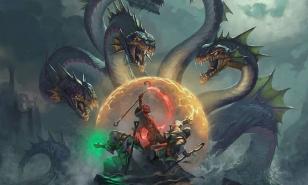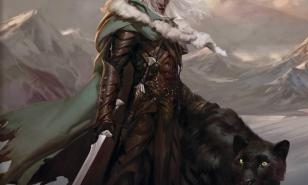[Top 10] D&D Most Common Languages (Ranked)
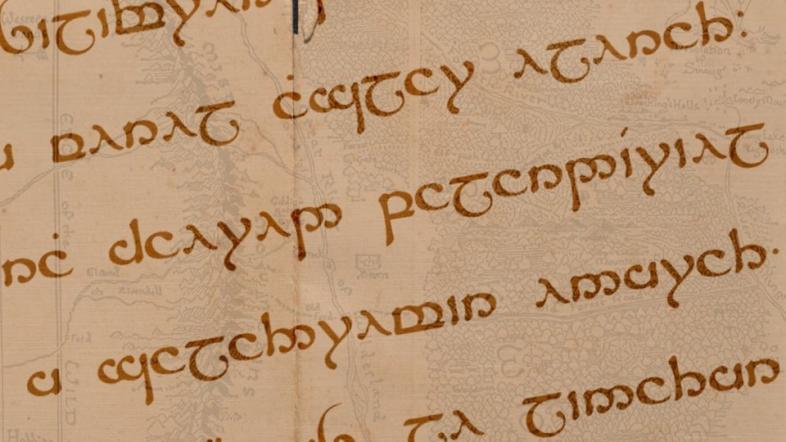
It’s that time again. You’re building a new campaign, you’ve picked out your character, you’ve formulated an impeccable background, and now, you’ve come to the dilemma of what languages you speak. While you need to consider what languages it is likely that your character speaks, it is just as important to consider what the most commonly used languages that you will encounter during your campaign are going to be.
10. Common Language (Useful)

The most basic of all D&D languages.
True to its name, Common Language is in fact the most common language that will be found in any DnD campaign. Nearly all creatures will automatically speak Common as one of their base languages.
How it can be useful:
- Your character will most likely automatically speak Common unless you’re playing as something super obscure.
- Everyone in your party and most creatures that you encounter will speak Common.
- You won’t have to expend any time or energy trying to learn Common and can focus instead on a different useful language.
8. Undercommon (Useful)
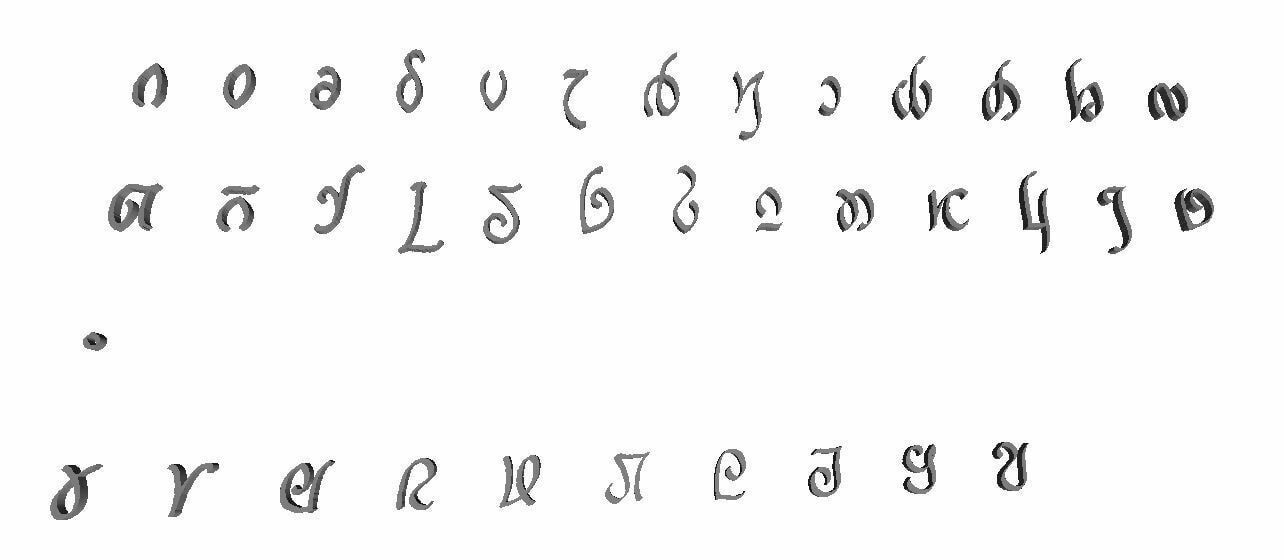
This language originates in the underbelly of the world.
Typical speakers of Undercommon dwell in the Underdark, and make up the races that thrive in the deep belly of the underground of the universe. With this in mind, Undercommon is useful for a few different reasons.
How it can be useful:
- Undercommon is a frequently used language among merchants and traders.
- It is spoken by most intelligent races, including dwarves, grimlocks, and ropers.
- Most campaigns are going to feature a decent amount of creatures that speak Undercommon as their tongue of choice.
7. Orcish (Useful)
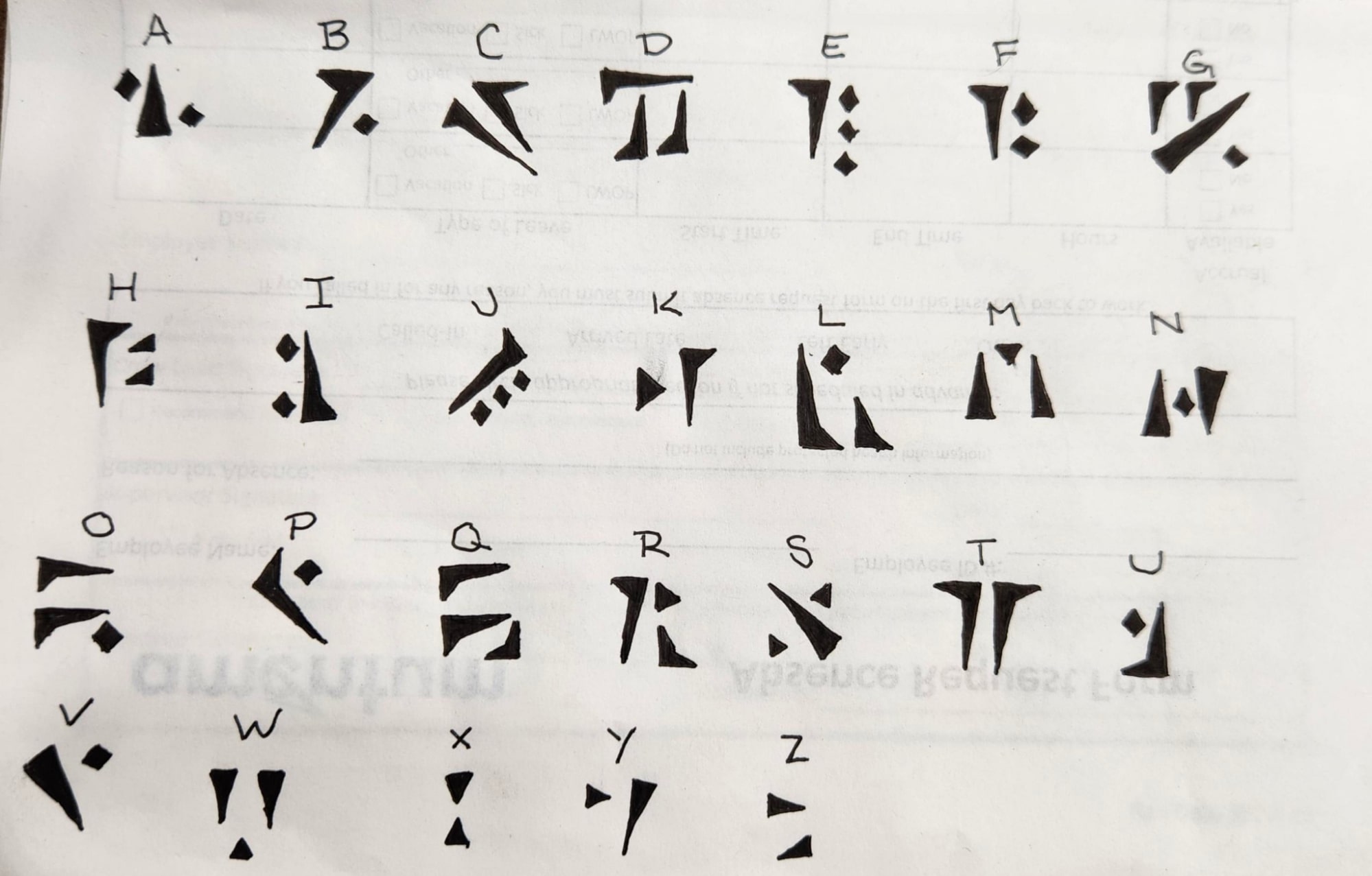
While not great conversationalists, orcs have their own language too.
Particularly nasty creatures, Orcish (or Daraktan) is the language primarily spoken by Orcs. The language itself has deep roots in the Dethek script and comes from the holder Hulgorkyn language used by orcs.
How it can be useful:
- Most campaigns will have a run-in with an Orc at some point, and knowing the language can give you an advantage.
- Due to the common presence of Orcs, knowing Orcish can give you a leg up with other races as well, as you may offer help in return for favors.
- Depending on your setting, several other monsters may also have languages based on the Orcish script.
6. Goblin (Useful)
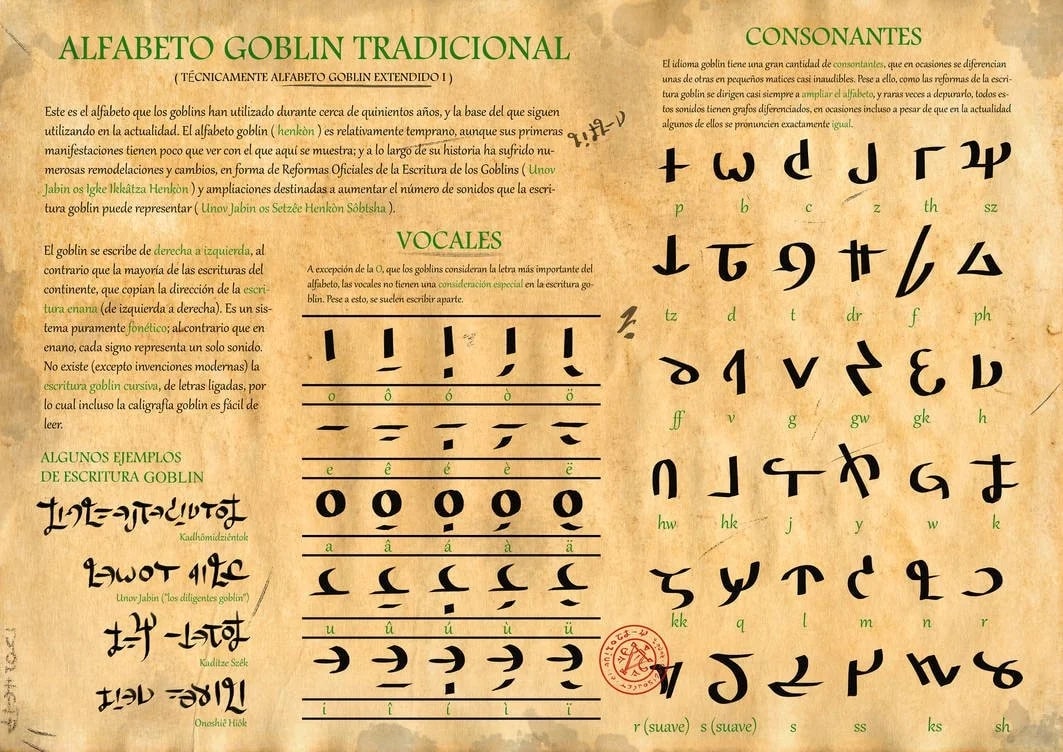
Spoken by more than just goblins, this language is surprisingly useful.
Also known as Ghukliak, Goblin is spoken by goblins, hobgoblins, and bugbears. This is another of the most popular languages in DnD 5e and has several benefits.
How it can be useful:
- Like with Orcs, most campaigns will encounter goblins at some point, making knowing the language a definite perk.
- As one of the most popular languages, it is likely that others in your party are also fluent in Goblin.
- Depending on what campaign your DM is running, it is likely that you will encounter several monsters that speak Goblin and/or will be able to use this skill to further your adventure.
5. Gnomish (Very Useful)
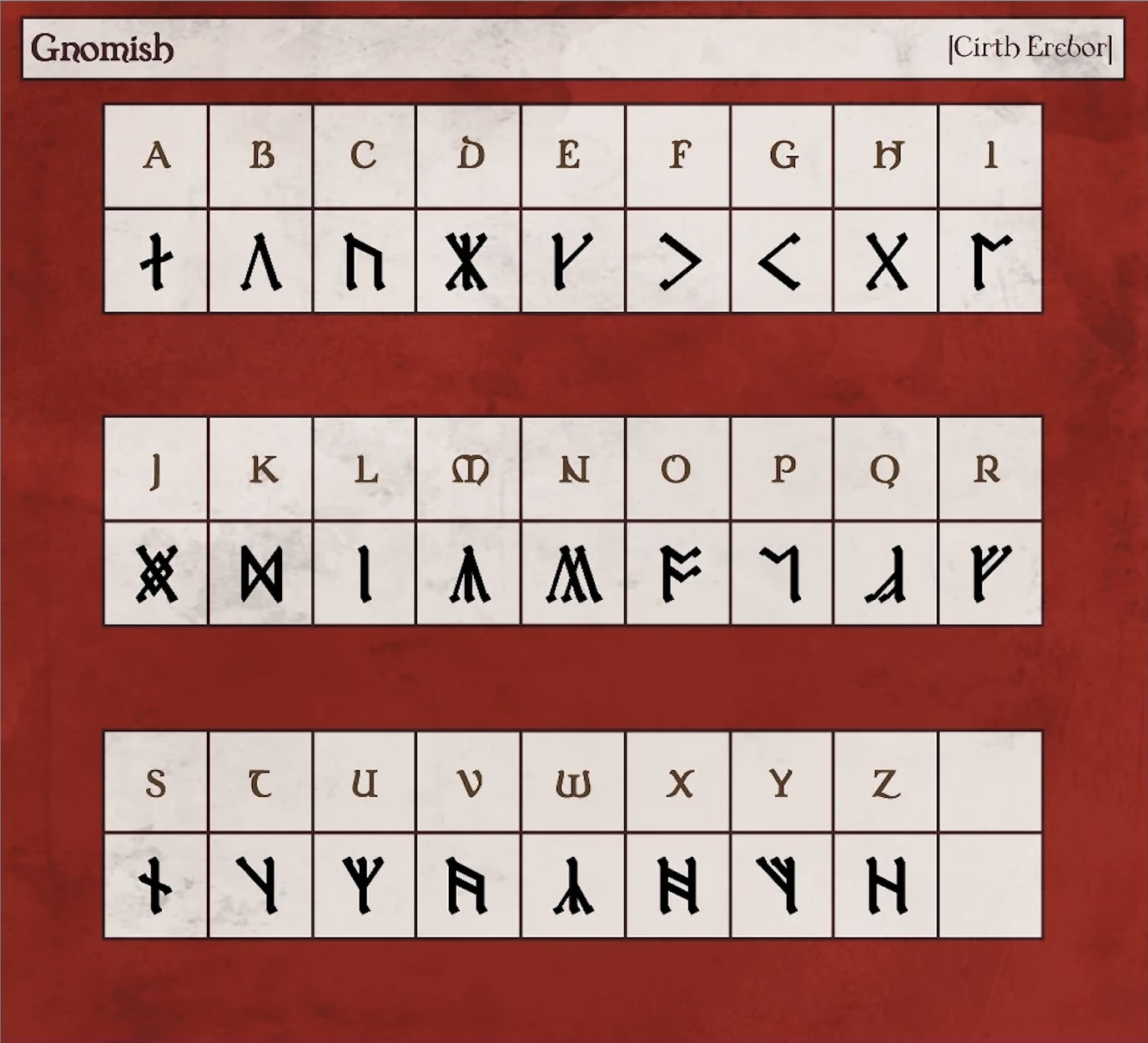
Simple and easy, this language belongs to the gnomes.
Gnomish is spoken by, well, gnomes—a race of small, humanoid creatures. As a fairly simple language, there’s not much more to it than that, but its popularity in the 5e world makes it worth knowing.
How it can be useful:
- While not as frequently encountered as the above creatures, gnomes still play a large part in most campaigns.
- Depending on your campaign, knowing this simple yet popular language can help you communicate with your party and make important allies.
- Due to the simplicity of the language, most character types can pick it up without expending much effort.
4. Giant (Very Useful)

Giants are a surprisingly diverse race, as is reflected in their language.
Giant is spoken by all different types of giants, including Hill, Stone, Frost, Fire, and Cloud Giants. With several different dialects, there’s plenty of room to play around with this language.
How it can be useful:
- Designated as a simple language, Giant is easy to use for both players and DMs.
- Several different monsters speak Giant as a second language, making it very useful in different campaigns.
- Mastering the different dialects will give players an advantage in different scenarios.
3. Elvish (Very Useful)

Impress an elf by speaking in their tongue.
While most Elves also speak Common, several species speak Elvish, including half-elves and fey.
How it can be useful:
- Impress Elves and make allies by speaking to them in their own language.
- As a mage or bard, spells and songs are often featured in Elvish making knowing the language a must.
- After Common and Draconic, Elvish is one of the most commonly spoken languages by monsters in the DnD-verse.
2. Abyssal (Extremely Useful)
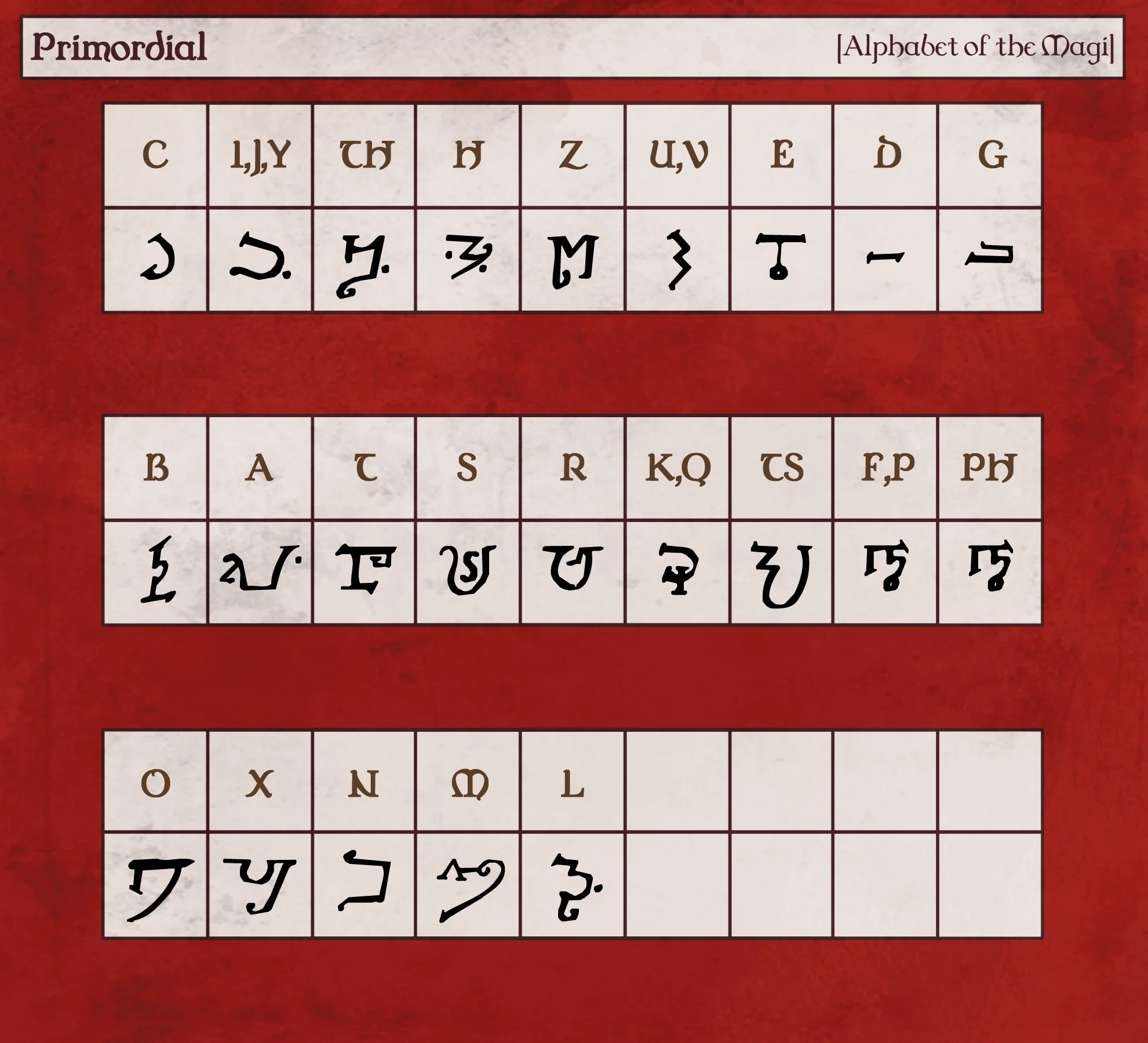
Rare but useful, this language is popular amongst the oldest and darkest creatures.
The first of the non-common languages on this list, Abyssal and Draconic are considered “rare” languages but are no less useful because of this. Abyssal is so named due to its use by creatures of the “abyss”, such as demons and devils. It’s also spoken by some monstrous races, like orcs and trolls, as well as some cults.
How it can be useful:
- If you are a warlock, it is highly likely that you will need to speak Abyssal, depending on what type of creature you’ve taken as your patron.
- One of the most common monster languages, it is likely that knowing Abyssal will give you an edge on any creature that you encounter.
- Because it is more rare, you may be the only one in your party who speaks Abyssal, giving you a unique and important role in the group.
1. Draconic (Extremely useful)
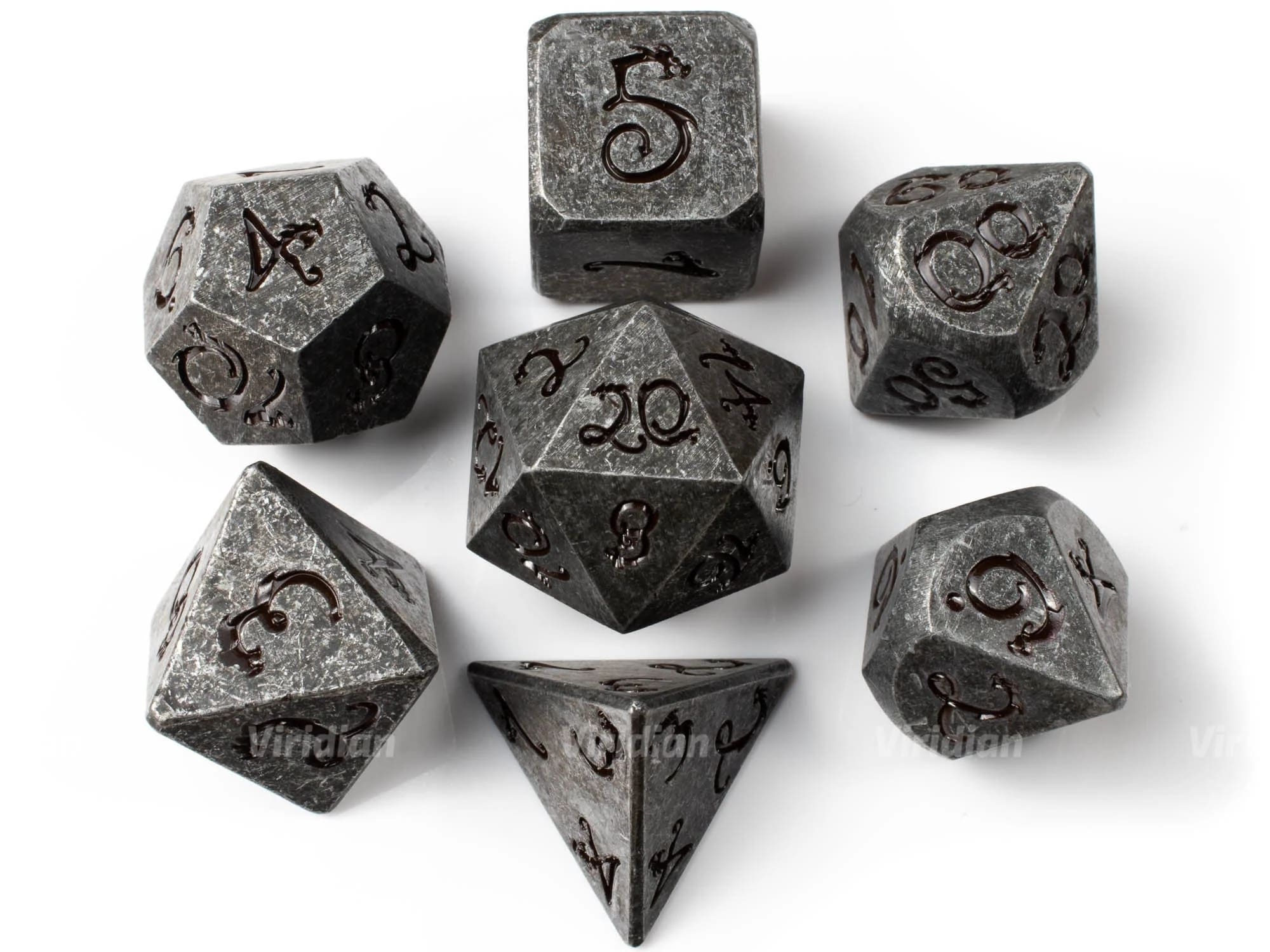
Converse with dragons in their own tongue.
Draconic is one of the most unique languages, spoken only by dragons and those associated with them like kobolds and Dragonborn, or by reptilian races like troglodytes and lizardfolk. As one of the oldest languages in the DnD universe, Draconic is an extremely useful language.
How it can be useful:
- Second only to Common in the number of monsters that speak it, Draconic is extremely useful in any campaign battle.
- Like above, if you are playing as a warlock it’s likely that you will want to speak Draconic, depending on the entity that you’ve taken as your patron.
- As a “secret” language, knowing Draconic can give you an edge over creatures who assume you don’t understand them. Additionally, if another in your party also speaks Draconic, you can use it as your own secret language to deceive enemies.
You may also be interested in:
- Log in or register to post comments
 Home
Home PC Game Trailers
PC Game Trailers News
News Menu
Menu




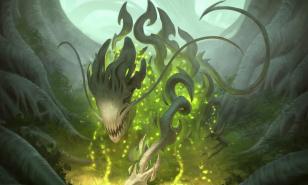
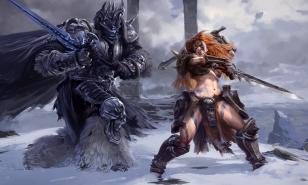
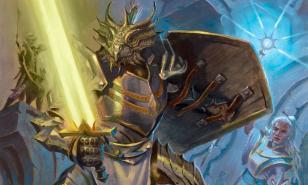
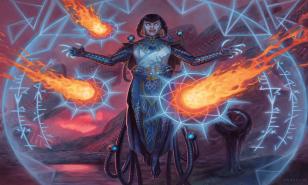
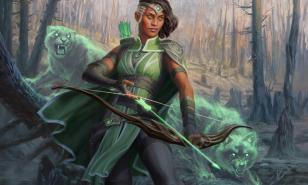

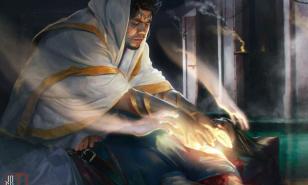



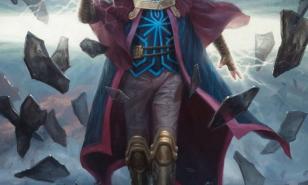

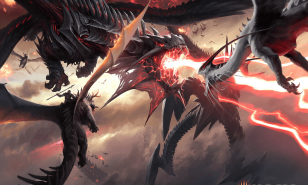
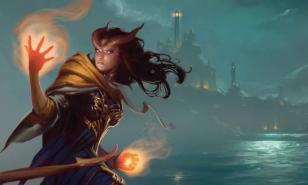
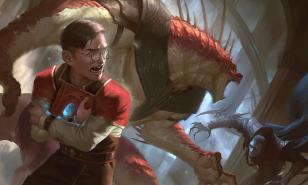
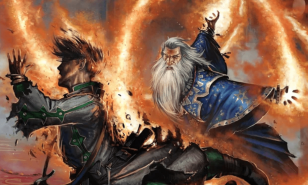
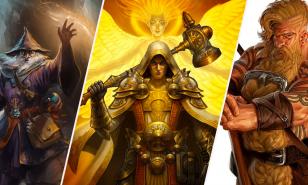

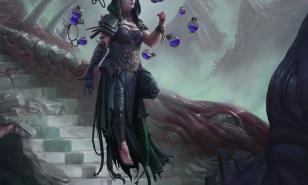

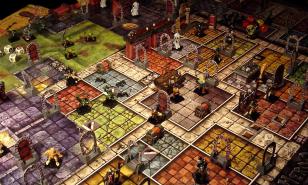
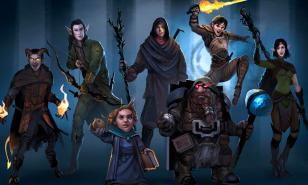
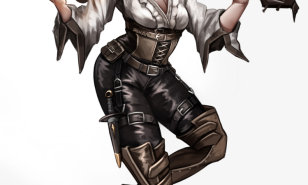
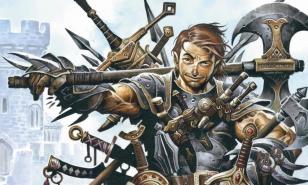
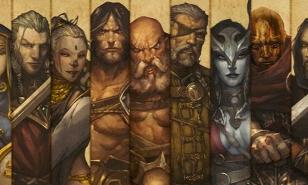
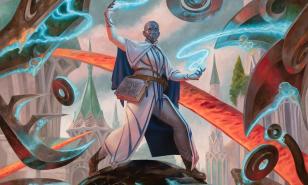
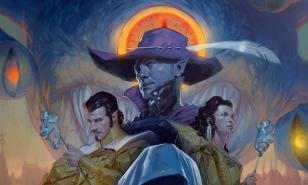
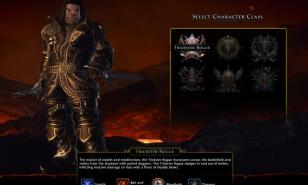

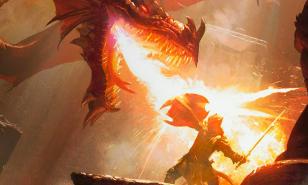
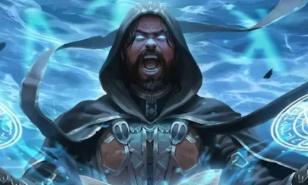
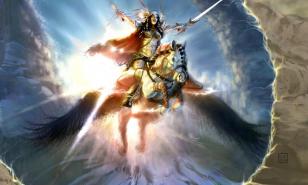


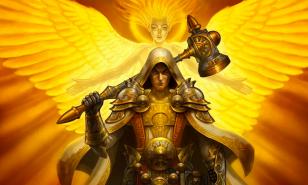

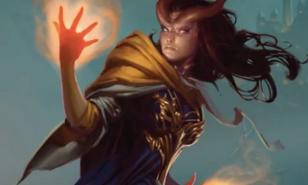



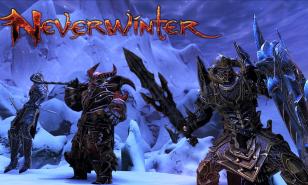



![[Top 25] Best D&D Spells Every Party Should Have [Top 25] Best D&D Spells Every Party Should Have](https://www.gamersdecide.com/sites/default/files/styles/308x185-scale-crop--more-top-stories/public/top_25_best_d_d_spells_every_party_should_have_cover.jpg)
